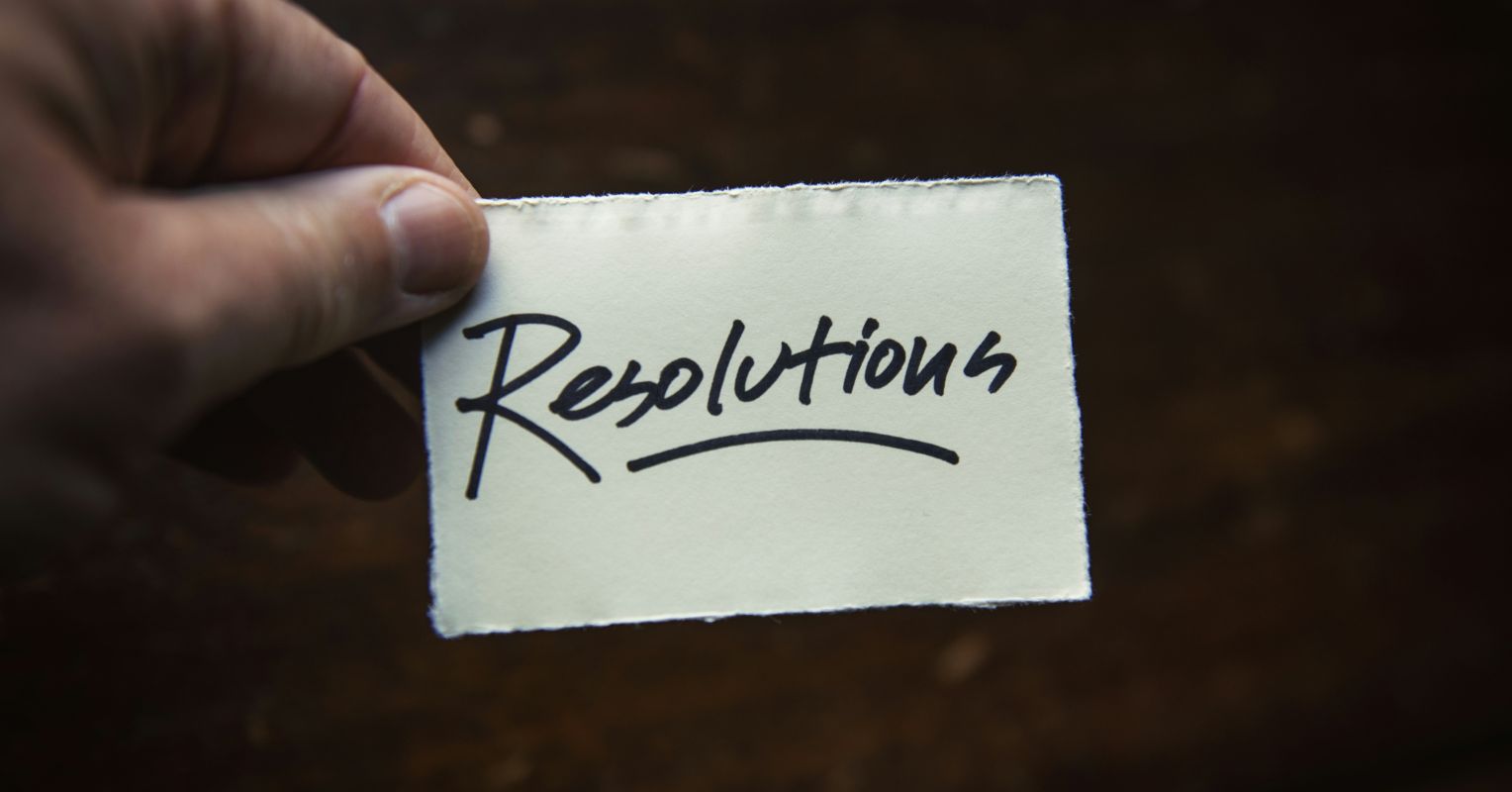If you are looking to achieve recovery from alcohol or other drugs, the idea of wiping the slate clean as 2024 comes to an end may bring you hope. Yet, if not implemented wisely, New Year’s resolutions tend to fail. Only 9% of people keep their New Year’s resolutions through the whole year. Lest you be disheartened by this statistic, here are some of the pitfalls behind it—and how you can escape them.
Unrealistic Expectations
Source: HS Spender / Unsplash
One of the biggest reasons that New Year’s resolutions fail is that they are too lofty. If you plan to go from not exercising at all to exercising for two hours every day, you are likely setting yourself up for disappointment. Thinking practically about how much exercise you can schedule into your week can allow you to formulate a plan that is more likely to succeed.
When it comes to alcohol and other substance use, strict abstinence has traditionally been recommended. But sometimes, the idea of never drinking or using a drug again feels so daunting that it discourages people from seeking help. Ask yourself honestly whether the idea of a substance-free lifestyle resonates with you.
Perhaps the answer is no, but you would like to see whrther your weight goes down as you decrease your alcohol use. In that case, you can work with your primary care provider to set realistic short-term goals to reduce your drinking and follow up regularly to monitor your weight and other health outcomes. Research shows that interventions in primary care are most effective if they include goal discussions as well as advice and feedback. By engaging in such discussions and avoiding all-or-nothing thinking, you can take steps to effect positive change.
As you experience the benefits of cutting down, there is a good chance that your goals will gradually shift toward abstinence. You may find it simpler, or even liberating, to take substances off the table rather than attempt to moderate use. To quote Alcoholics Anonymous: For some, “one drink is too many and a thousand are not enough.” If you find that incremental goals are not serving you, change your resolution and work with a health professional to safely stop using.
Negative Self-Talk
If you set a high bar with a New Year’s resolution and find yourself unable to meet it, practice Self-compassion. Perceiving yourself as a failure in such a situation can lead to low self-esteem, shame, and despair. Paradoxically, the desire to escape such negative emotions can lead you to continue using substances.—a phenomenon is known as the shame addiction cycle, or shame spiral.
To protect yourself from the shame spiral, know that it is normal to need multiple attempts to achieve recovery from use of alcohol or other drugs. In one study, the average number of tries was more than five. In another, it took people nine years from the time they first entered treatment for substance use to finally quit.

Source: Sydney Rae / Unsplash
If you use alcohol or other drugs again after an initial period of abstinence, remember that setbacks are part of the journey. Avoid fatalistic language in framing your experience. It may be helpful to remember that not every slip-up or brief resumption of use will lead to a persistent return to previous patterns of use, historically known as a relapse. Terms like “slip” and “relapse” may in fact perpetuate the stigma of substance use as a moral failing.
If the terms do not empower you on your way to recovery, focus instead on objectively noting the quantity of substance used and over how many days. Reflect on the triggers that led to your use with curiosity and without judgment.
As soon as you are ready, recommit to your goal. You would do yourself a disservice to conclude that you failed this year and wait until 2026 to try again.
Addiction Essential Reads
Lack of Support
Setting a New Year’s resolution may feel like a declaration of self-sufficiency or a commitment to self-discipline. However, experts advise involving loved ones to encourage you and hold you accountable to your goals.
The opposite of addiction is not abstinence; it’s connection. The more support you have from family or friends, the more likely you are to stay engaged in substance use treatment. Whatever your recovery goals may be for the new year, announce them to those you trust, and ask them to check in with you to ensure that you are making progress. Maintain a strong social network of people whose values regarding substance use match your own.
Attending peer support meetings that align with your goals is also key. Abstinence-based organizations include Alcoholics Anonymous and Narcotics Anonymous as well as SMART Recovery, which is based in cognitive behavioral therapy. If you have alcohol use disorder and are not ready to embrace abstinence, the Sinclair Method is a free platform that provides peer support. For those using other drugs, the National Harm Reduction Coalition provides resources to mitigate consequences of use.

Source: Toa Heftiba / Unsplash
A sponsor or a peer recovery coach can guide you toward success. You, too, can support someone else who is looking to get into recovery by committing to working on your goals together. Helping others can enhance your sense of self-efficacy and increase your own likelihood of long-term success.
By keeping a realistic perspective, being kind to yourself, and leaning on loved ones, you can write a new chapter of recovery and health—starting on January 1 or any other day.













